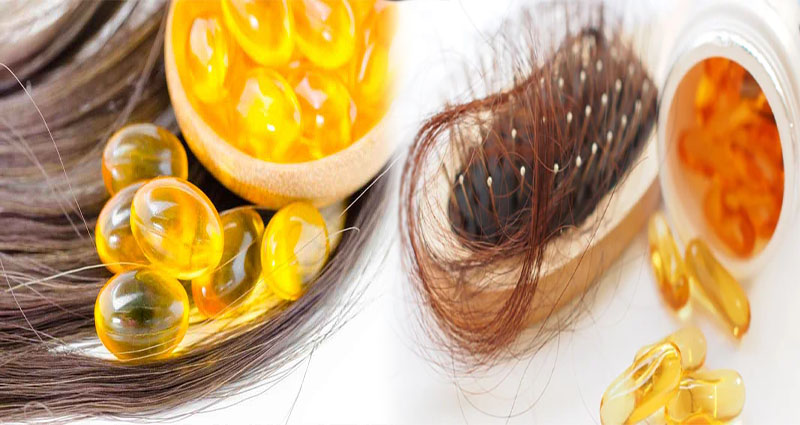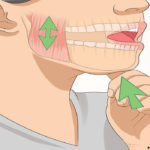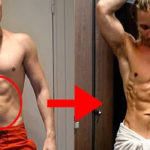There are plenty of vitamins out there that help with hair loss, and it’s important to know what the best ones are for you. These aren’t all the same though, and each one has its own benefits. I’ll discuss the differences, and also give some tips for picking out the best ones for your needs.
Vitamin A
Vitamin A is essential for a healthy body and it has been known to promote hair growth. However, it is important to know how to take the right amount of it to help your body achieve optimal health.
There are several sources of Vitamin A that you can rely on. This vitamin is a natural antioxidant and is responsible for protecting your skin from free radical damage.
This vitamin also helps your body make sebum, a natural oil that keeps your scalp moisturized. If your scalp becomes dry, you may experience split ends, dandruff, and hair loss.
Another way to boost your Vitamin A intake is to increase the amount of foods you eat that contain it. Fruits like oranges and strawberries are a good source, as are vegetables like spinach, carrots, and sweet potatoes. You can even take supplements.
However, Vitamin A is only one of the many vitamins that your body needs to stay healthy. Several others are required for healthy hair and skin, including vitamin D, B12, and C. All of these nutrients should be present in your diet in a balanced manner.
Biotin
Biotin is a water-soluble vitamin that plays an important role in a variety of bodily functions. It helps the body convert proteins, carbohydrates, and fat into energy.
Biotin is most commonly consumed through foods. However, it can also be found in supplements.
The recommended daily allowance (RDA) of biotin for adults is 30 mg. This amount may vary depending on your age and physical condition.
Biotin is used for a variety of purposes in the body, including the metabolism of carbohydrates and fats, production of keratin, and the regulation of genes. In addition, it supports the health of the nervous system.
Studies have shown that people who have low levels of biotin have hair loss. In particular, women have a greater risk. Approximately 50% of women experience some form of hair loss at some point in their lives.
Biotin can be used to help prevent or treat this condition. It is an essential component of the cell follicle and increases the rate at which follicles grow.
Zinc
Zinc is a mineral that is essential for the human body, and there are several ways you can get enough of it. Zinc supplements are easy to find, inexpensive, and can provide you with many benefits.
Hair growth and re-growth can be enhanced with zinc supplementation. It has been shown to promote the production of hair follicle cells, which will improve the anagen phase of the hair growth cycle. Taking a zinc sulfate supplement can also relieve tiredness and fatigue.
If you suffer from thinning hair, it is recommended that you take a zinc supplement. It can help to prevent future hair loss.
Zinc is a vital mineral that plays a vital role in the production of DNA. This is important for healthy skin and hair. However, too much zinc can actually damage the scalp.
The best way to increase your Zinc intake is through your diet. You can find a variety of foods rich in this mineral. Some of the most nutrient rich sources include oysters, lentils, wheat germ, and beef.
Omega-3 fatty acids
Omega-3 fatty acids are essential for human health. They provide energy and help keep your body working properly.
They are important for healthy skin and hair, and can also help fight off joint pain. Many people take a fish oil supplement to help them get more omega-3 fatty acids. Fish oil contains EPA and DHA, two potent fatty acids.
Some studies have shown that taking a fish oil supplement can help combat female- pattern hair loss. However, there are many more studies that are needed to fully understand the effects of omega-3 fatty acids on hair growth.
The American Academy of Dermatology has not recommended that anyone use omega-3 fatty acids to treat hair loss. Although there are few studies on the topic, some suggest that a supplement may reduce inflammation and promote healthy hair.
Another study looked at the effects of omega-3 and omega-6 fatty acids on female- pattern hair loss. In the study, half of 120 participants took a supplement for six months. One of the primary endpoints was a change in hair density. A secondary endpoint included a change in the diameter distribution of anagen hair.










